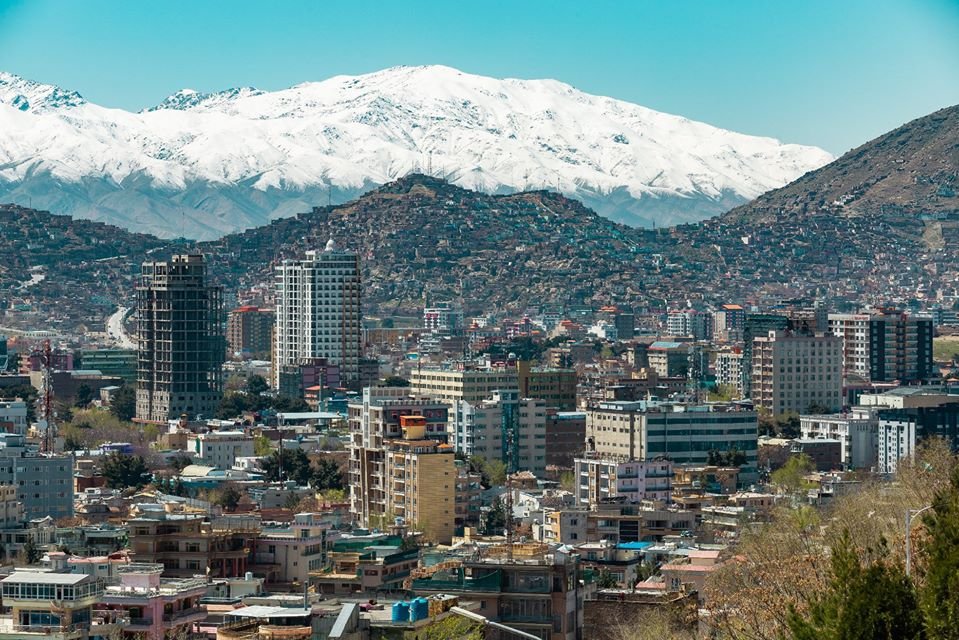Exploring city and infrastructure systems through research, policy, and community building.
A network started at the University of Oxford and growing beyond.
Featured

Neal E. Robbins
Community & Housing, Politics & Planning
Venice: A Future for a Dying City
Neal E. Robbins
Community & Housing, Politics & Planning
Neal E. Robbins
Community & Housing, Politics & Planning
OU Regional Focus
Working Papers
New Urban Literacies
A roundtable discussion to delve into what it takes to make cities ‘smart’, and whether some models of governing smart cities fare better than others in the long run.
Applying the tools of economic analysis to examine the conditions that enable cities to reap the benefits of proximity, density and scale.
What Complexity Theory teaches us about urban spaces and economies.

















